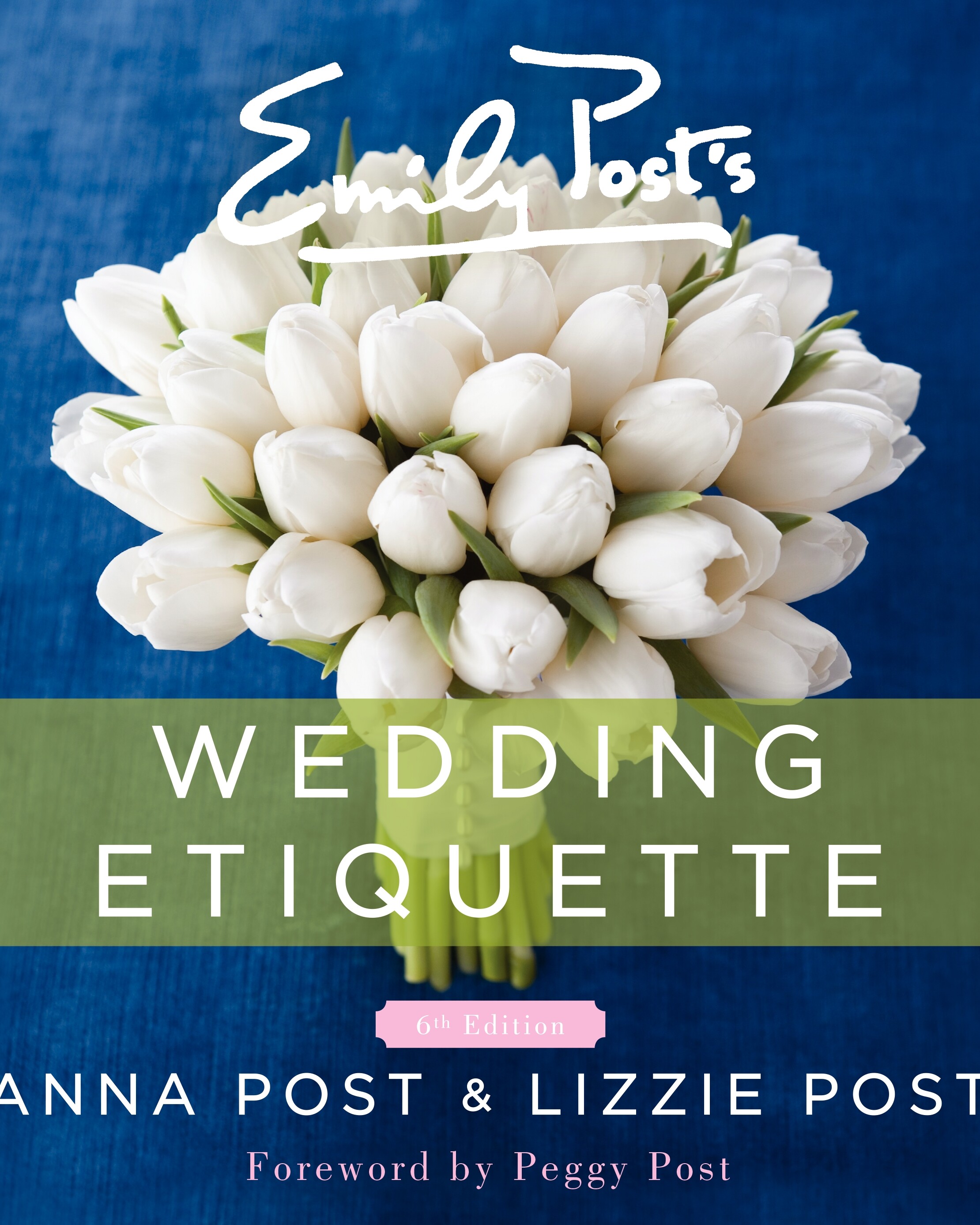
Reuters: Be a Gracious Wedding Guest, Not a Royal Pain
While only a select few received invitations to Prince William and Kate Middleton's wedding, there will be plenty of non-royal invitations already winging their way to ordinary folks as wedding season in the northern hemisphere gets into full swing.
Though the focus is understandably on brides, grooms, their attendants and families at weddings, guests still have a role to play at a wedding celebration. Their presence and participation at the ceremony and reception is itself a gift to the couple—otherwise, why go to all the fuss? Good guest etiquette starts as soon as an invitation is received.
- Respect the invitation
- RSVP. Immediately.
- Send a gift.
- Be on your BEST behavior.
Look to the inner envelope of the invitation to see exactly who is invited; if there isn't one, the outer envelope is the next place to look. If you may bring a guest, your invitation will read "Mr. John Phelps and Guest." If your children are invited, they will either receive their own personal invitations or their names will be listed under yours on the inner envelope. If children aren't included, this is not the time to question your host's decision, to argue, or to beg for an exception. Never add their names to a reply card or show up with them anyway!
RSVP is an abbreviation of the French phrase répondez s'il vous plait, which means simply, "please reply." Your most important obligation as a guest is to respond to the wedding invitation immediately, especially if you are unable to attend. Wedding guests who fail to RSVP promptly (or at all) are one of the biggest causes of headaches to brides and grooms. At the very least, it allows your host and hostess enough time to give an accurate count to the caterer. In recent generations, matters have been made as easy as possible to encourage guests to perform this small task: There is usually a basic fill-in card indicating attendance, and even a pre-addressed, stamped envelope to return it in. If not, write a formal reply or a note indicating your intentions.
If you are invited to the wedding ceremony itself, and not just a reception, you should send a gift, whether you will attend or not. Generally, gifts are sent to the bride in advance of the wedding. In some localities, gifts are brought to the reception and placed on a special table. If you hear from family that the couple would prefer a charitable donation -- William and Kate are a perfect example -- please respect their wishes. Ask the couple, their attendants or close family where they are registered. It's fine to buy a gift off-registry, but take a look first to get an idea of their style and needs. There is no price range you must hit for your gift to be "acceptable". When considering price, think of your budget and your relationship to the couple. What you spend on your sister will likely differ from what you spend on a gift for a colleague or old college roommate.
Dress according to the location, time of day, and level of formality of the event. Arrive early. Don't leave the details to chance: double check the map to the location and review parking information. Be respectful during the marriage ceremony-that means cell phones off! Parents, be prepared to take crying babies and unruly children outside until they are ready to return. Say hello and thank you to the hosts, and mingle with the wedding party and other guests at the reception. In the end, being a good guest is about so much more than clothing and timeliness—it's about enjoying yourself and engaging with other guests. Collectively, you set the tone and backdrop for the couple.
This article was originally distributed by Reuters.









